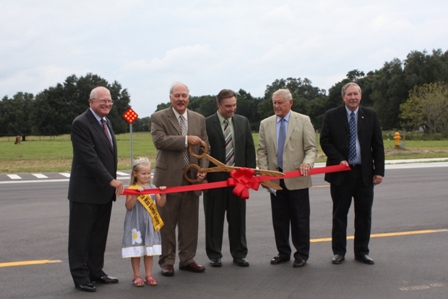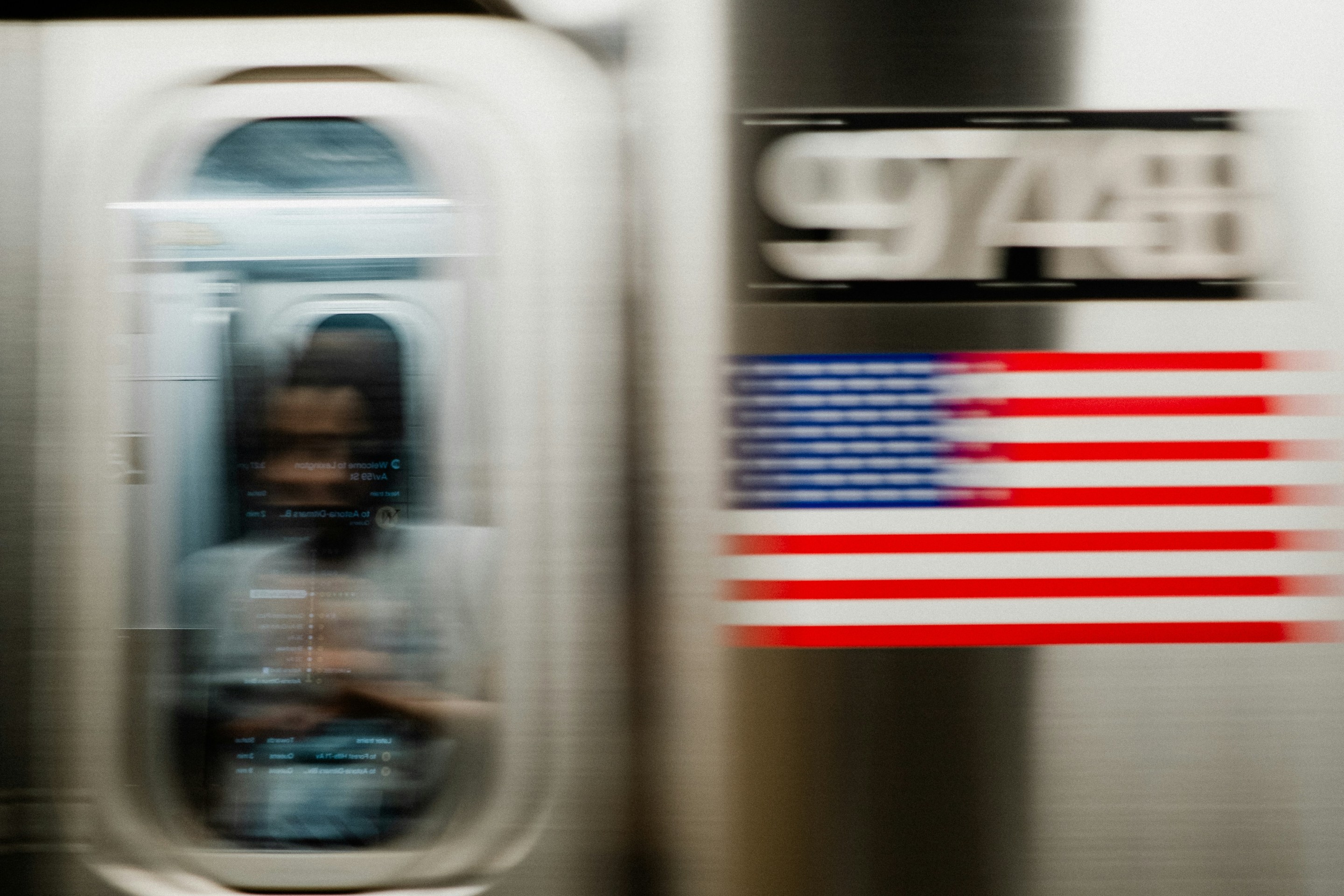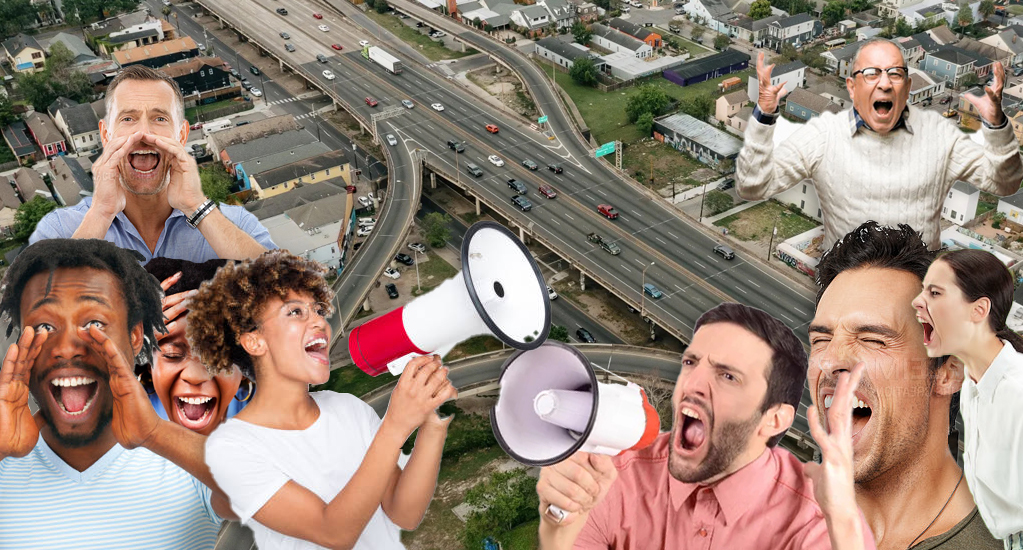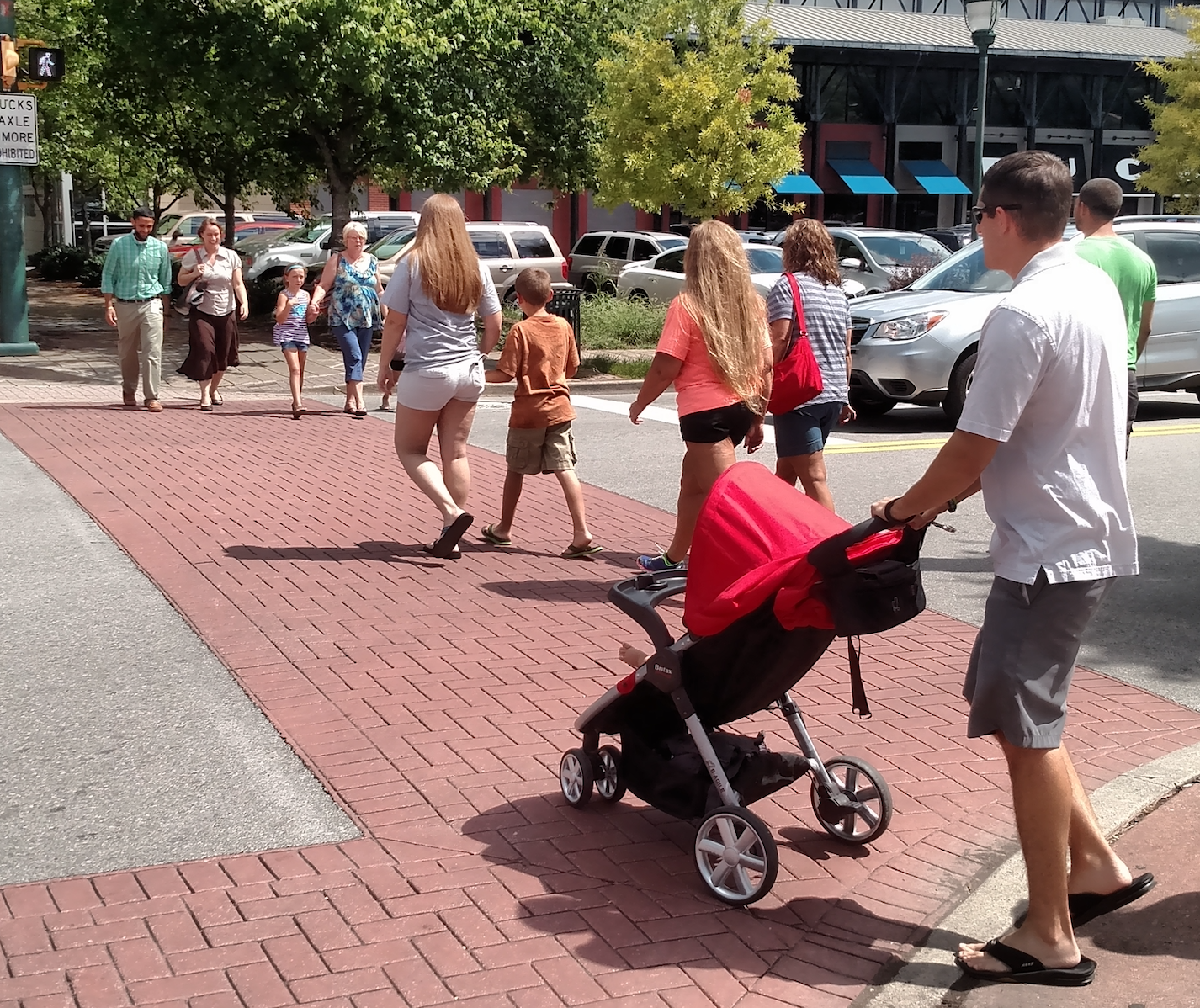In its annual “Views and Estimates” document [PDF], the Transportation and Infrastructure Committee indicates that when it comes to transportation policy, despite a few nods to transit, House Republicans still want to cut spending and let highway-centric state DOTs sort out the details. While the House transportation bill could be on its last legs, the document shows that the House GOP hasn't given up on its quest to eliminate street safety programs for walking and biking while giving a free hand to states to build more sprawl projects.

The T&I Committee submits this document each year to help shape the Budget Committee's spending priorities. On the positive side of the ledger this time around, the committee prominently mentions strategic planning and intermodalism (in addition to familiar favorites like consolidation and cost-cutting) as primary goals. Committee Republicans also assert that the government’s pledge to spend Highway Trust Fund receipts on their intended use has been upheld. That affirmation flies in the face of the argument, often made by conservatives and road-gangers -- including members of the T&I Committee -- that funding transit out of that fund constitutes a violation of that contract.
And the committee states its opposition to the underfunding of transportation programs “under the guise of ‘budget reform’” – something they threw their full weight behind last summer, when they introduced a bill that would have hacked deeply into all facets of the program, cutting 30 percent across the board.
Elsewhere in the document are countless signs that House Republicans are sticking to their more ill-conceived policy ideas, as laid out in their multi-year transportation bill, H.R. 7. That bill differs dramatically from President Obama’s FY 2013 budget proposal, and the Views and Estimates document carefully notes each of those differences. Of course, H.R. 7 is on life support right now, so the Views and Estimates are best seen as the GOP fantasy of how to shape transportation policy.
T&I members, for their part, say that the president is living in a fantasy world too, when he asserts that his budget proposal is paid for with war savings. “The reduction in overseas military operations is the result of policy decisions that have already been made,” they say in the document. “The administration’s surface transportation reauthorization proposal would not achieve any additional savings.”
Rather than support the president’s funding levels ($42.6 billion for the federal-aid highway program and $10.8 billion for the FTA in 2013), the committee says simply that it supports levels that would keep the Highway Trust Fund solvent. They don’t give a dollar figure, but the original House bill, which was dedicated to keeping funding levels even with receipts, projected spending $36 billion in 2013, only slightly below current projections for the year.
“Bureaucrats in Washington” get roundly slammed in the GOP plan, as T&I members urge giving as much decision-making authority as possible to the states. Just divide up the money by formula and let state DOTs figure out how to spend it, they say, giving them “maximum flexibility.” In most states, this translates as "maximum highway building." And here they take their shot at programs to make streets safer for walking and biking, though they don't admit it: “Under H.R.7, states… are not required to spend a specific amount of funding on specific types of projects, such as transportation museums or landscaping.” What they're referring to is the elimination of the Transportation Enhancements program, which actually devotes most of its small pot of funds to bike and pedestrian projects.
And what’s the Republicans’ other favorite target? High-speed rail, of course! They remind the president, who requested (a paltry) $2.5 billion for HSR and Amtrak, that Republicans in Congress would prefer to defund those programs. To prove their point, they rattle off a list of HSR’s more embarrassing moments, from the rejection of HSR funds by three governors to the travails that have beset the California program.
The committee says it’s not good enough that Amtrak has requested less for operations this year, since it requested more for capital. The GOP would rather reduce both. And anything left over from the stimulus should go to the Northeast Corridor, the only rail corridor worthy of investment, if you ask committee chair John Mica.
Essential Air Service would be pared down, eliminating some money-pit services to save $16 million a year. As we’ve mentioned before, this is a service primarily to red-state rural areas, but, true to their commitment to cutting government waste, Republicans have fought to keep the spending for the program in check.
that the committee did not even consider any amendments to the Views and Estimates document when it was introduced, probably because of deep uncertainty about next year's funding levels in the absence of a reauthorization.





